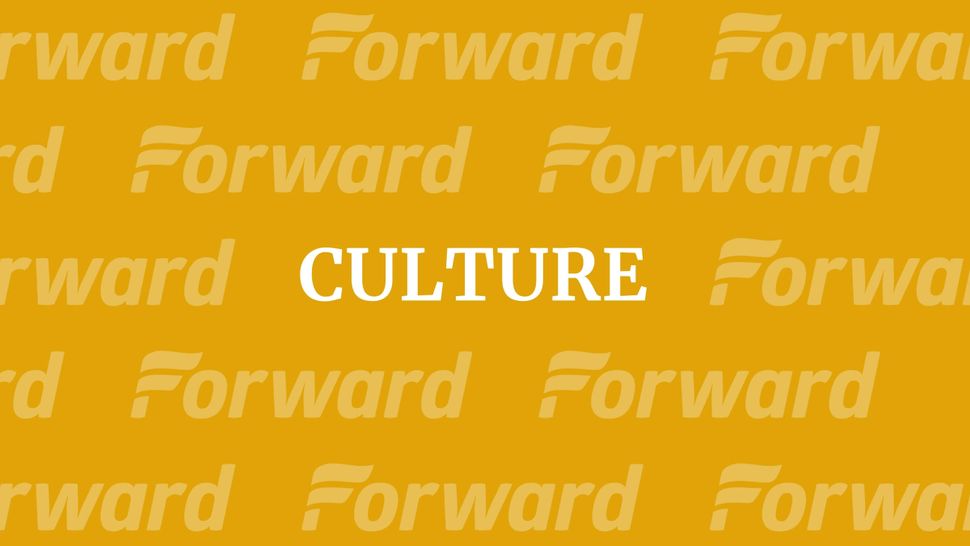Having the Period Talk

Thinkstock
The queries “What is the right age to talk with your children about puberty?” and “How to prevent precocious puberty” — thanks to a friend who scared the living daylights out of me recently — have filled my Google search history of the past few weeks. You see, my daughter, who is seven, was rummaging through her mommy’s bag while sitting on the table in the orthopedist’s room last week (she broke her poor little foot, but that’s a story for another time), and pulled out a tampon.
“What’s this, mommy?” she asked, while pulling at the purple sleeve to unwrap this mysterious little gift mom keeps hidden in the inside pocket of her bag.
Oh boy, how do I answer? I wondered, as I hurried to gently pry her hands loose of the mysterious thingamajig and put it back in its hiding place.
“Something, I’ll explain later,” I said.
Thankfully, we got busy analyzing her X-ray results and watching the assistant saw off the long pink cast — decorated with hearts and signed by cute little people — and replace it with a shorter pink cast. When we left the office, she promptly forgot about her earlier question, so it goes with the fleeting curiosity of children.
When I was about my daughter’s age, I discovered a white trash can in the shower stall of my parent’s bathroom. The shower stall was off-limits for the young kids in our family, but I snuck a peek once when I had to pee and the family bathroom was occupied. The can was round and tall and filled with weird things that looked like strips of pampers wrapped in green plastic. I cautiously undid the tight knot of the garbage bag, flushing the toilet occasionally to cancel out the sounds of my sneaky rummaging. What I discovered inside, as you can imagine, was a bloody mess. I had no idea what to make of it, so I stored it in the back of my mind, to be discussed with friends. I promptly forgot about it when I headed out the door with a cup of strawberry Italian ices to play hopscotch with my friends on the curb of our cul de sac.
About three years later, a friend confided in me that she got her period. “A period?” I asked. Yes, the messy thing that appears every few weeks and forces you to walk around with uncomfortable padding in your underwear, she explained.
I rolled my eyes, remembered the garbage bin, and walked off to share this bit of juicy info with a group of friends standing on the steps leading down to the school lunchroom. They laughed, insisting they knew about it before. Predictably, I was the last one to know about adult life.
One year later, when I discovered the first traces of blood on my underwear, I went to the white bin and helped myself to the pamper-like strip wrapped in a green plastic.
Two days later, while sorting laundry, my mother discovered my bloody underwear, called me aside and told me matter-of-factly where the pads were located. Shortly thereafter, she took me to the backroom of the lingerie shop in the main shopping center of the village to purchase my first bra — a tight sports bra meant to conceal growth.
There was no big fuss made; she didn’t sit me down and explain anything to me. You were going to bleed every few weeks because, nothing — just because.
It didn’t cross my mind — not even once — to be bothered by the fact that I didn’t at all grasp why my “down there” produces blood every month. I didn’t understand many things around me, and short of asking the adults, who would immediately dismiss my question with “You’ll know when you’re older,” my friends and I sat on stoops and school busses whispering about who got it and what we discovered from our older sisters about the relationship between periods and having babies.
The friendship grapevine is how I learned about puberty, the birds and the bees and many other things not customarily introduced by mothers in the Hasidic community.
My relationship with my daughter, I like to think, is closer and more open than the relationship I had as a preteen with my mother. I encourage her to ask questions, to come to me first when she is curious about peculiar adult behaviors, and just about everything else in this big scary and fascinating world called adulthood.
And ask she does. But I often find myself desperately running to the library to get the latest “how to” book. With no wisdom from experience of my own to tap into, I Google and read, and Google and read, and remain as confused as ever about the right age to introduce the topic of puberty to my daughter — or any other details about adult life that are sure to shock a blissfully innocent child.
But I know what I’m trying to achieve: that closeness, openness and encouragement of curiosity.
A message from our Publisher & CEO Rachel Fishman Feddersen

I hope you appreciated this article. Before you go, I’d like to ask you to please support the Forward’s award-winning, nonprofit journalism during this critical time.
We’ve set a goal to raise $260,000 by December 31. That’s an ambitious goal, but one that will give us the resources we need to invest in the high quality news, opinion, analysis and cultural coverage that isn’t available anywhere else.
If you feel inspired to make an impact, now is the time to give something back. Join us as a member at your most generous level.
— Rachel Fishman Feddersen, Publisher and CEO
























